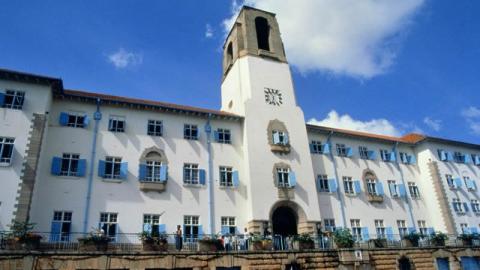Makerere Finally Gets New Fees Policy
Submitted by Christopher Tusiime on

After wide consultations between Makerere University council, students' body and the government, the institution has finally adopted a new fees policy.
Under this new policy, students are required to pay Shs 200, 000 with in the first three weeks of every new semester and failure to do so attracts a surcharge of Shs 20,000.
"This money is part of the total fees the student will be required to pay at the end of the semester, so, it's not a separate charge, or an increment," explained the Vice chancellor Prof John Ddumba-Ssentamu.
He also added that the deadline of paying 100 per cent of fees is the twelfth week of every semester.
"Students who fail to raise fees within that period [of twelve weeks] can have special considerations after writing to the vice chancellor so as to enable them do exams," he explained.
The acting guild president, Jothan Burobuto, who was on the committee that was set up by the Prime Minister Dr Rukanana Rugunda to review the old policy, said that it was also agreed upon that students get an extension of the registration deadline.
"Registration with the university was extended from the first two weeks of the semester to the tenth week," Burobuto said.
For students who work so as to get tuition, the new policy also gets a provision for them.
"The working students will be required to write to the vice chancellor in advance so that they can be allowed to pay tuition fees on a monthly basis," Burobuto clarified.
Previously, there have been a lot of strikes at Makerere University as students criticised the replaced policy which required them to pay 100 per cent of tuition and functional fees with in the first six weeks of the each semester. Students argued that the policy was too harsh and could not favour those coming from humble backgrounds.
With this new policy in place, where students themselves were required to participate in its formulation, it can be concluded that Africa's fourth best university will take a break from the violent strikes.
- 1455 reads
